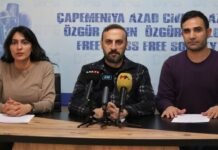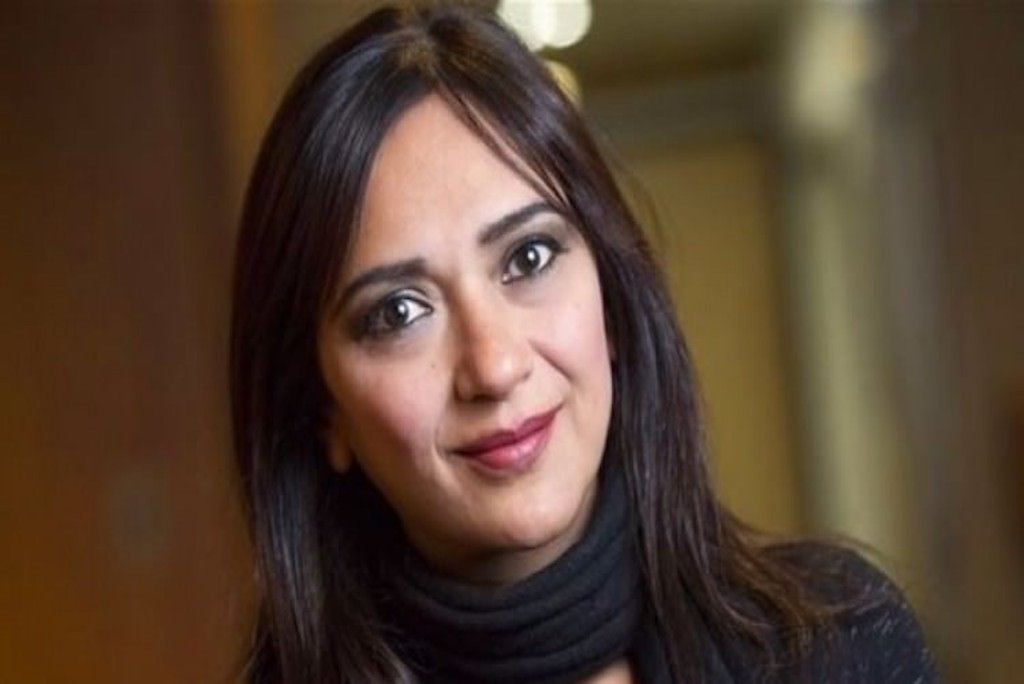Turkey’s Constitutional Court has ruled that no rights violation took place in the re-imprisonment of prominent writer and journalist Ahmet Altan after the court reviewed an individual application filed by the journalist, Turkish Minute reported.
The top court said an individual’s imprisonment following conviction and the imposition of a prison sentence by a court does not constitute a violation of the right to freedom and security.
Altan, 70, filed the petition with the court on Nov. 21, 2019, shortly after he was re-arrested following his release under judicial supervision. He said he was re-arrested despite the fact that circumstances requiring his re-arrest were not present, and thus his right to freedom and security was violated.
One of Turkey’s most famous novelists and journalists, Altan was first arrested after a July 2016 coup attempt. He was arrested with his brother Mehmet Altan and fellow journalist Nazlı Ilıcak on allegations of spreading “subliminal messages announcing a military coup” on television.
They were charged with attempting to overthrow the constitutional order and interfering with the work of the national assembly and the government.
The three journalists received life sentences in 2018, though Mehmet Altan was released after four months pending appeal.
Turkey’s Supreme Court of Appeals overturned Ahmet Altan and Ilıcak’s life sentences in July 2019. The court acquitted Mehmet Altan due to a lack of evidence and ordered that Ahmet Altan and Ilıcak be retried on the lesser charges of aiding the Gülen movement, which is considered a terrorist organization by the Turkish government.
Turkish President Recep Tayyip Erdoğan has been targeting followers of the Gülen movement, a faith-based group inspired by US based Turkish cleric Fethullah Gülen, since the corruption investigations of December 17-25, 2013, which implicated then-Prime Minister Erdoğan, his family members and his inner circle.
Dismissing the investigations as a Gülenist coup and conspiracy against his government, Erdoğan designated the movement as a terrorist organization and began to target its members. He intensified the crackdown on the movement following a coup attempt on July 15, 2016 that he accused Gülen of masterminding. The crackdown also targeted political opponents of the government, Kurdish activists and human rights defenders, among others. Gülen and the movement strongly deny involvement in the abortive putsch or any terrorist activity.
Altan was found guilty on November 4, 2019 and sentenced to 10 years, six months in prison. He was released pending appeal and was subjected to a travel ban.
Two days later the prosecutor appealed the court decision, claiming that Altan posed a flight risk. The İstanbul court granted the prosecutor’s request on November 12, and Altan was re-arrested at his home that evening and sent back to Silivri Prison.
The re-arrest of Altan caused an international outcry. Amnesty International’s Europe director, Marie Struthers, said it was “scandalous,” adding, “It is impossible to see this decision as anything other than further punishment for his determination not to be silenced and it compounds an already shocking catalogue of injustice he has been subjected to.”
Karin Karlekar, PEN America’s director of Free Expression at Risk Programs, said the re-arrest was a “disgrace and horror” and called for Altan’s immediate release.
She said Altan should never have been imprisoned and that he had not committed a crime. “His release last week after more than three years in detention was a cause for hopeful celebration, but today we are faced again with the cruelty of a justice system that no longer upholds the rule of law,” she said.
According to the Stockholm Center for Freedom’s “Jailed and Wanted Journalists in Turkey” database, 174 journalists are currently behind bars in Turkey, while 167 are wanted and are either in exile or remain at large.
Reporters Without Borders (RSF) described Turkey as “the world’s biggest jailer of professional journalists” in its 2020 World Press Freedom Index, in which Turkey was ranked 154th among 180 countries in terms of press freedom.















